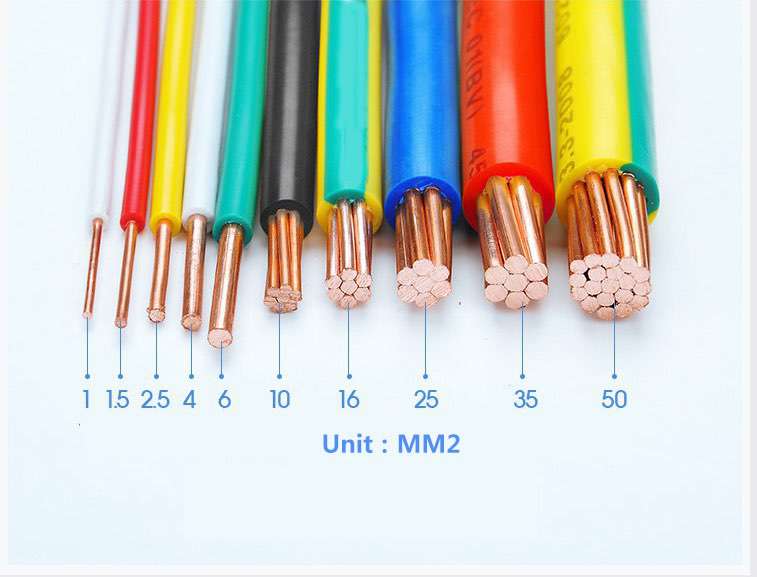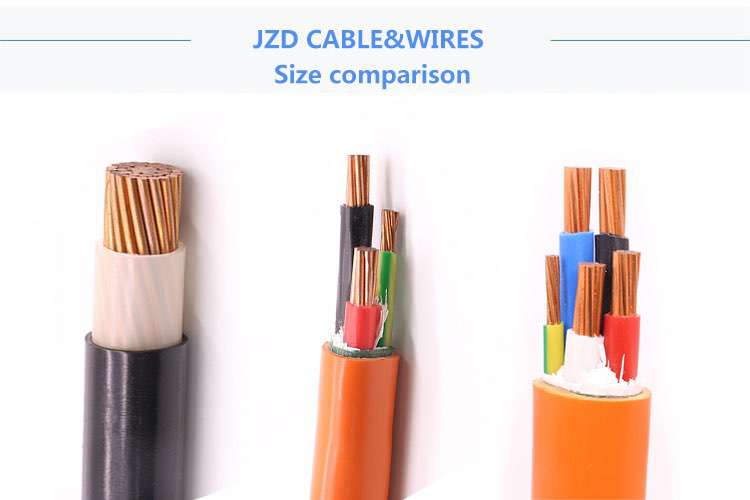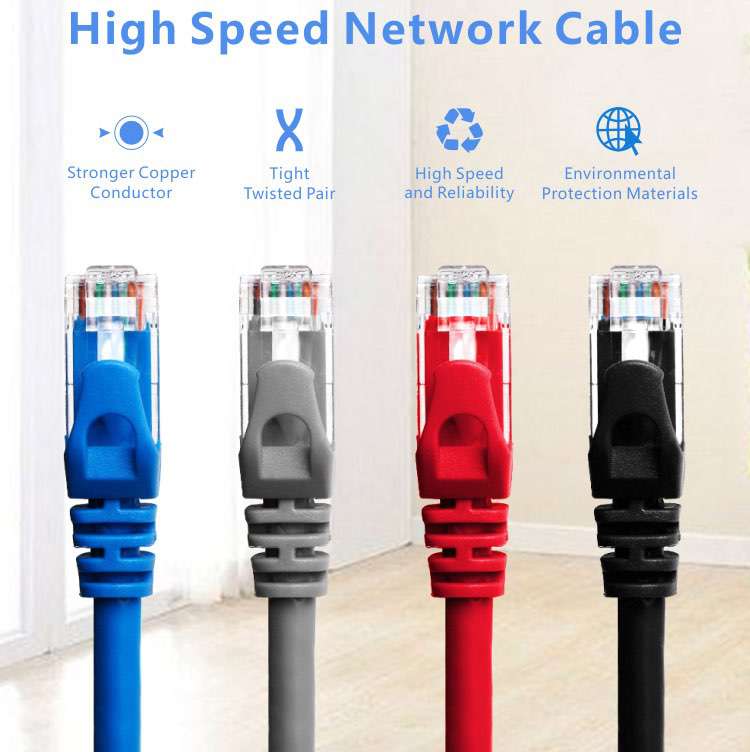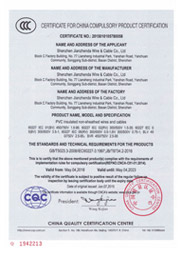 Author: Joey Wan
Author: Joey Wan  March 22,2021
March 22,2021
1. Bare wires and bare conductor electrical cables
The main features of this category of electrical cables are: pure conductive metal, no insulation and sheath, such as steel core aluminum stranded wire, copper-aluminum busbar, electric locomotive wire, etc. The processing technology is mainly pressure processing, such as melting, rolling, drawing. The products are mainly used in suburbs, rural areas, user main lines, switch cabinets, etc.

2. Power cable
The main features of this type of electrical cables are: squeeze the insulation layer outside the conductor, such as overhead insulated cables, or twist several cores (corresponding to the phase wires, neutral wires and ground wires of the power system), such as overhead insulated cables with more than two cores. Or add a sheath layer, such as plastic/rubber sheathed wire and cable. The main process technologies include drawing, stranding, insulation extrusion (wrapping), cable formation, armoring, sheath extrusion, etc. There are certain differences in the different process combinations of various products. The electrical cables are mainly used in the transmission of strong electric energy in the power generation, distribution, transmission, transformation, and power supply lines. The current passing through is large (tens of amperes to several thousand amperes) and voltage (220V to 500kV and above).

3. Electrical cables for electrical equipment
The main features of this type of electrical cables are: a wide range of varieties and specifications, a wide range of applications, and the use of more voltages of 1KV and below. In the face of special occasions, new electrical cables are continuously derived, such as fire-resistant cables, flame-retardant cables, low-smoke and halogen-free/low Smoke and low halogen cables, termite-proof, mouse-proof cables, oil/cold/temperature/wear-resistant cables, medical/agricultural/mining cables, thin-walled cables, etc.

4. Communication cables and optical fibers
With the rapid development of the communications industry in the past two decades, Communication electrical cables have also developed at an astonishing speed. From the simple telephone and telegraph cables in the past, it has developed to thousands of pairs of voice cables, coaxial cables, optical cables, data cables, and even combined communication cables. The structure size of this kind of products is usually small and uniform, and the manufacturing precision is high.
